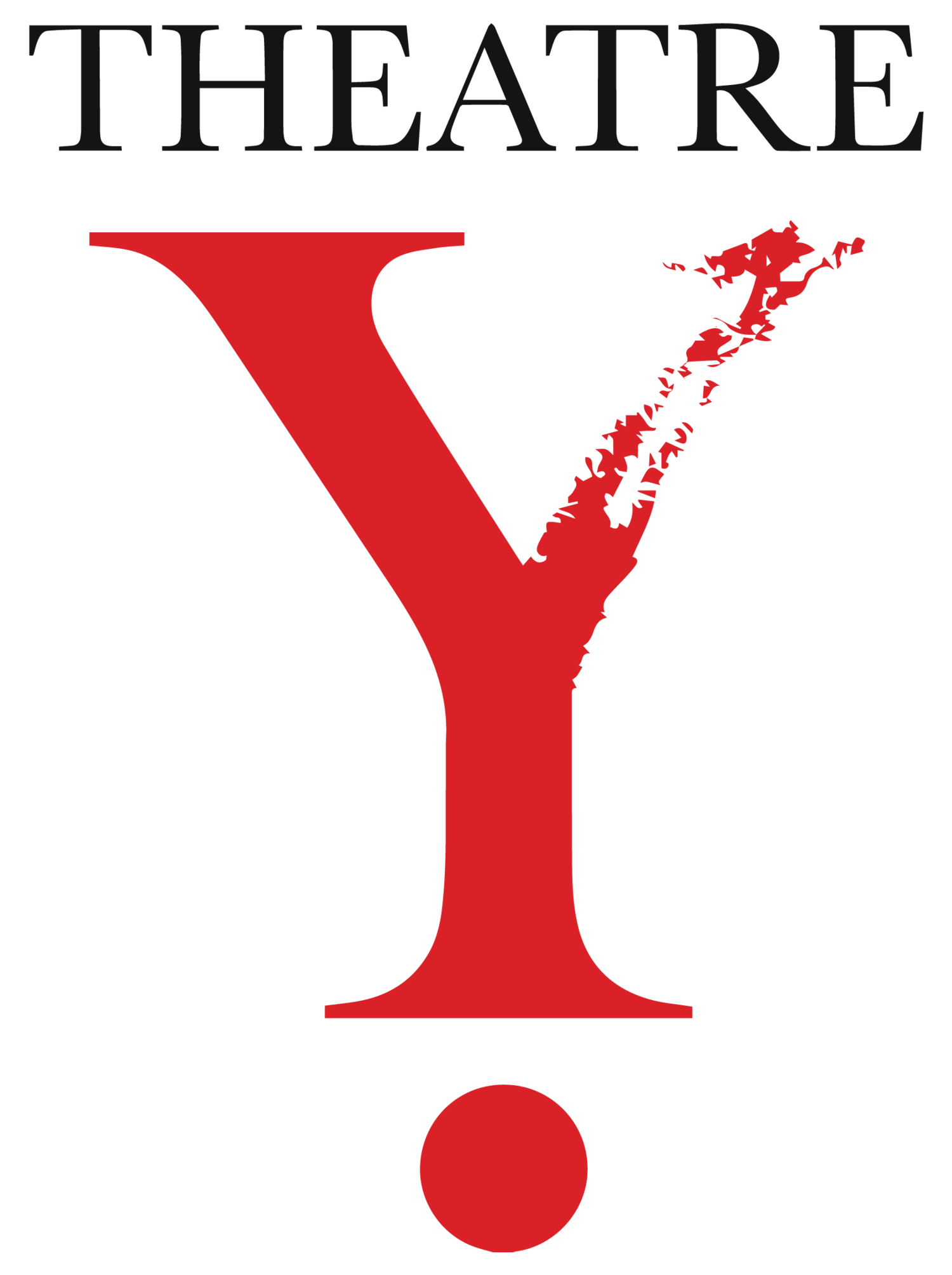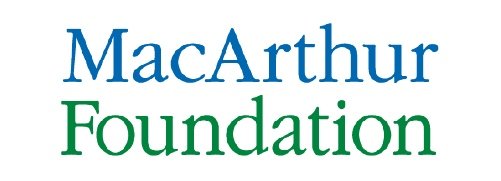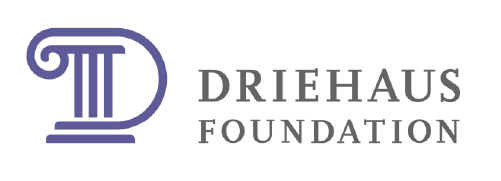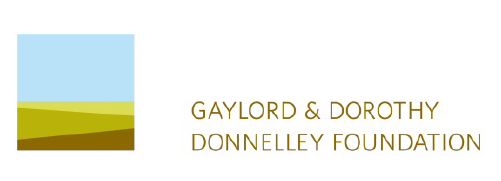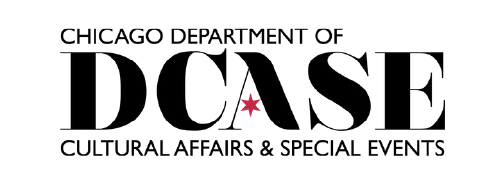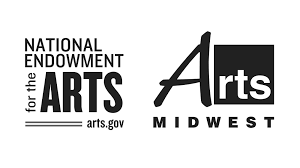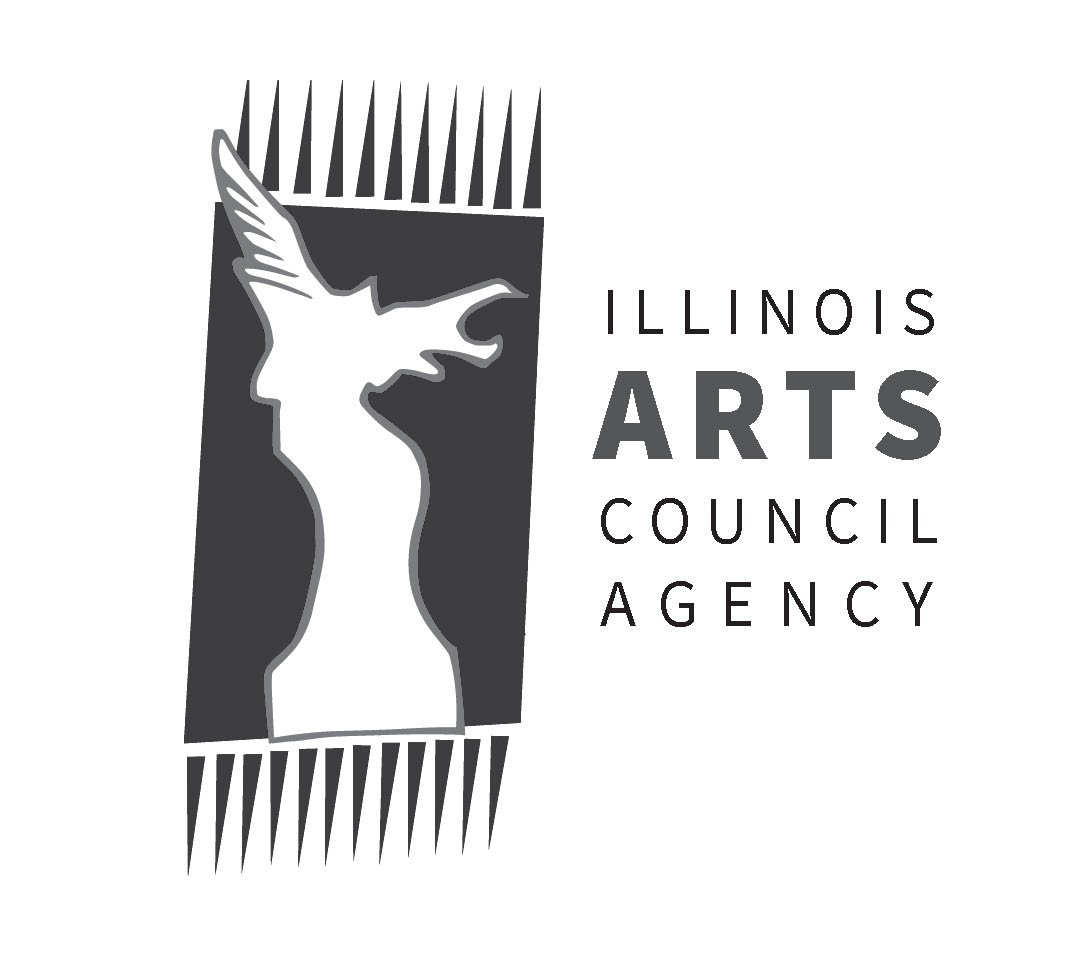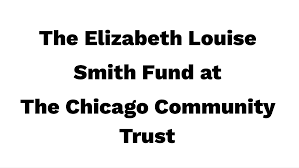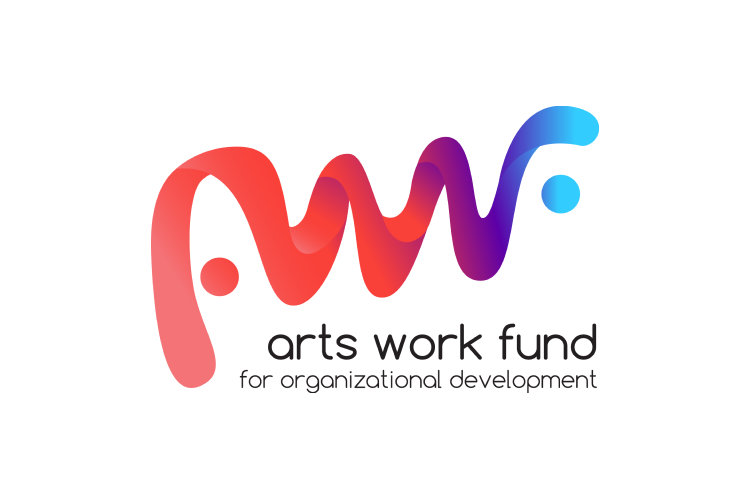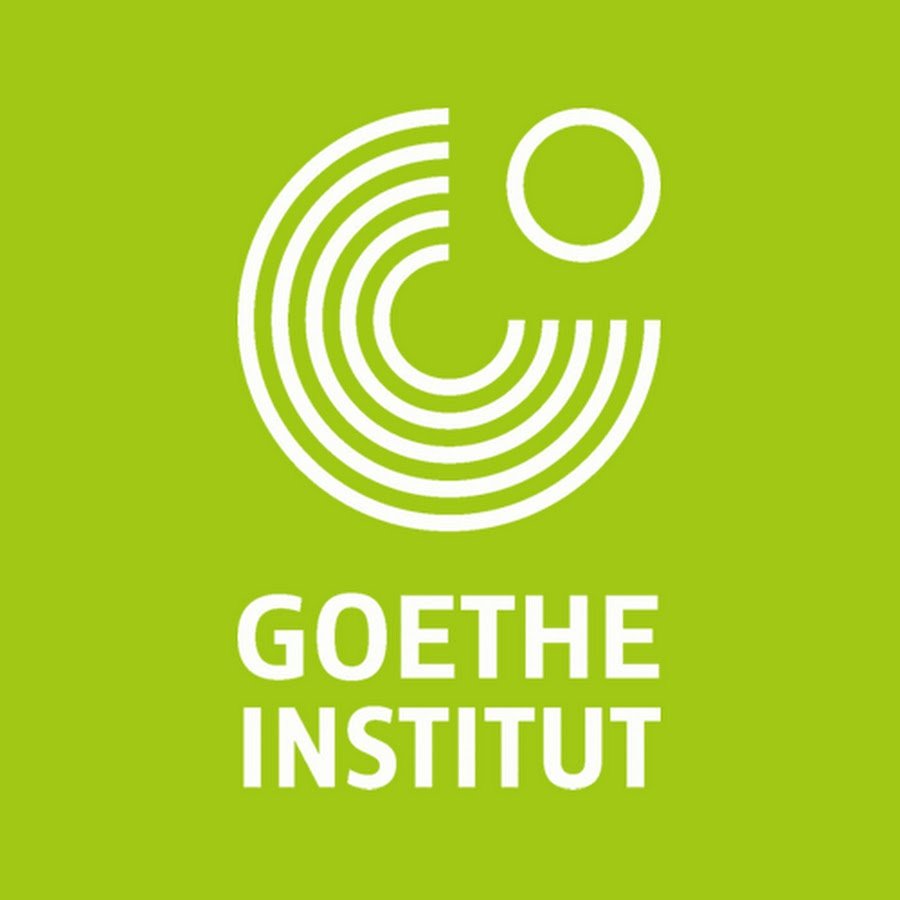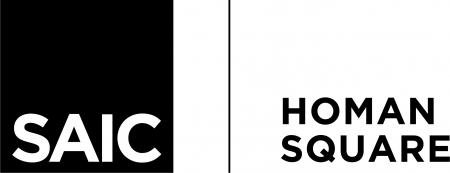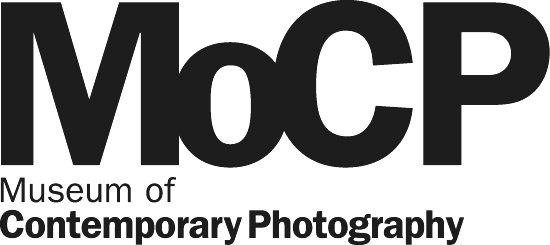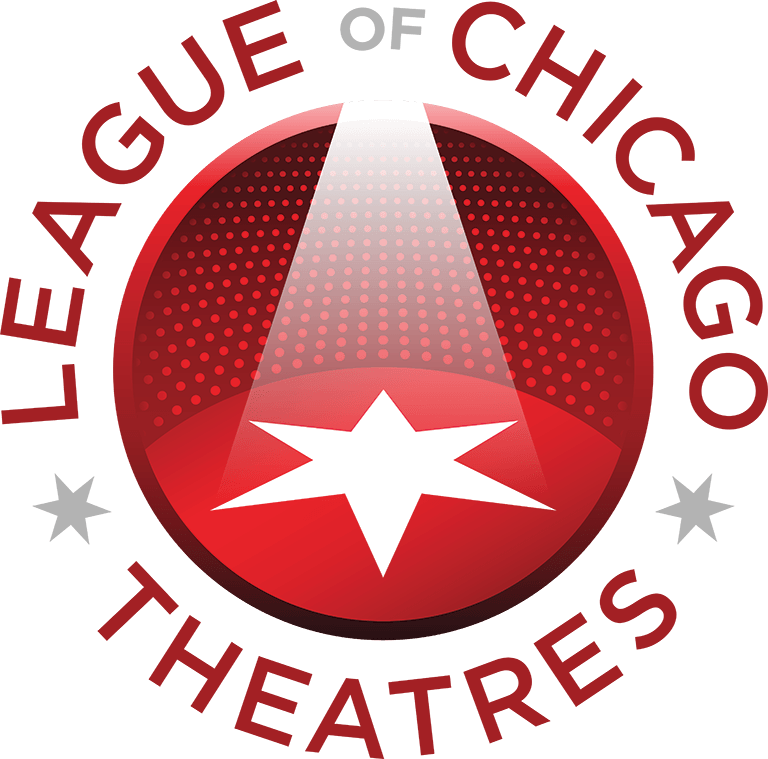Ensemble Building
/A couple of months ago, I wrote a blog post about the workshop Theatre Y hosted with Georges Bigot, about our plan to produce Macbeth together, and the seeding in our minds of an ensemble based company, a utopian dream that we were going to bring into reality. It was partially Georges’ fault, partially our own. In a sea of actors and theaters who shout “compromise with the system,” we raised our tiny voices and responded “No. A new theater is needed. A new system.”
Unfortunately, utopia is quite a bit easier to think about than enact. Mental assertion is easy, but the effort and time needed to convert idea into reality is not a resource everyone has. Georges’ production of Macbeth will open in October of this year. The ensemble’s training begins a month after he leaves, three day long intensives, from ten in the morning to ten at night each month, to familiarize ourselves with the text. We repeatedly improvise different staging of proposed scenes, argue hotly about the text, and, of course, dance.
The dancing is, by the way, an extraordinarily rich process that I will write more about at length later, from a more objective, analytical perspective. These progress blogs, however, are an attempt to bring the reader along with us, give a ground level picture of the process as it happens.
Not everyone can commit to a yearlong ensemble and play building process. When it is time for the second intensive, a good five members of the initial cast drop out, for various reasons. Some live in the suburbs and are too inconvenienced by the drive. Others dislike the fact that we won’t be cast until Georges gets back in May.
A week after the second intensive, we get word that Georges is flying back, on his own dime, to check up on us. We scramble to memorize lines, remember exactly the rules that he taught us for working with him. But while we work, Georges wants to talk, mainly about practicalities. Are we going to do this? Are we sure, really sure, that we understand what we’re getting into?
Maybe we don’t. But we each nod our assent anyway, assuring ourselves that we soon will. This is what Georges has taught us. To present the proposition and find our way through it as best we can, working through each moment of the scene until it is true. If we lie, it is because it’s impossible to proceed without lying. It is an act of faith, rather than truth.
Georges reiterates before he leaves, over and over again, that thirteen people is not enough to stage his Macbeth.
By that time the next month we’re down to eleven.
I miss auditions. I have my own reasons, but it feels like the hinge that either holds, or snaps, sending all we’ve built tumbling into that subtle in-between of failure and not quite success, which is a worse fate than either of the two extremes. And I won’t be there to set it swinging.
So I get to the first intensive in February fifteen minutes before it starts, at Voice of the City’s performance space. It is a serviceable site to do our work, a black-ish box with lime green walls and a bar at the end that I’ve run into dancing more than once. But it has heat, unlike some of the other spaces we’ve been using, so none of the new actors will get scared off or turn into popsicles before the first day ends. “Never neglect the little things of life,” as Beckett once said.
My leg jiggles uncontrollably as the newcomers trickle in. The alien faces are timid, finding seats apart or in clusters. The older members of the ensemble sweep in and sweep up greetings and hugs. Already a gap is forming. It is an unintentional gap, to be sure, but it will be one we’ll have to close as soon as possible. In an ensemble, it’s not possible to have people who are in the loop and people who aren’t. If we want these twenty-four actors to stay with us, we won’t be able to show such preference.
I collect my hugs with all the rest. It’s contradictory, but I don’t care.
The first weekend of intensives is designed to simulate what the year, with and without Georges, will be like. We throw everything we have at them as soon as introductions are through. Weird French pop songs, extemporaneous Macbeth monologues, and an exercise appropriated from a couple of Serbian choreographers called “Making Manipulation,” which requires an actor to lie absolutely still while strangers manhandle their limbs.
Within the work itself, we make some progress. The work is perhaps more experimental than Georges tends, and we harbor many different propositions for specific scenes as the two weeks roll by. It is especially difficult as these are some of the hardest scenes to ‘find’ the characters in named thanes, that Shakespeare has ripped from the histories arbitrarily for the construction of his plays. No one knows who, or what, a Menteith is. Caithness sounds like he should be fighting in a dystopian reality show, not in some random Scottish war at the turn of the last millennium.
The second week comes with more certifiable success, though it takes a tremendous amount of time to find. The final fight between Macbeth and Macduff poses a huge challenge to get through without choreography. We abstract the scene, have the witches come in and fling water at them, to symbolize blood. This version is horrible. In between one run and another I suggest that they get down on the floor and do some Indian leg wrestling. No one seems to take the suggestion at face value. Finally, we discover that perhaps Macbeth doesn’t fight Macduff at all. Perhaps he’s so deranged, so far gone, that the scene is not a fight but instead a slow execution, revenge for Macduff’s wife and children that Macbeth ignores because he believes he is invincible. The last blow leaves me shaking.
The actors take to the work more quickly, I feel, than we did at the beginning. It is difficult to know what Georges would say in this situation. None of us have his fire, his abruptness, his expectation that you get it right, and get it right now! We wait patiently while everyone has finished their exercise and then give our critiques. It is difficult to prepare everyone for something that even we ourselves don’t know, or quite understand. WWGS (What Would Georges Say) has become the motto of the day. One of the new members even comments that he feels this is a sort of “second coming situation,” the disciples of the master, practicing their technique in secret until he finally arrives to reward them for their long, loyal struggle.
“He’s coming,” Melissa retorts, almost angry. “He’s no Godot.”
This is a place marker. A complex process which, when started, has no single end, but only small ones that spark off and die by themselves as the greater mass rushes forward. At this point I do not know whether we are a spark or a mass. I do not know which way we are turning, whether we are facing up down, east, west, or if, in this space, those directions even have meaning. After two intensives, we still have twenty two new ensemble members ready to meet Georges. Like minds, that desire the same thing we do.
But there are no guarantees, as with anything. Even less so, teetering as we are on a precipice like this. It may be odd, but I actually think this is necessary, now. That we be allowed to fear, and feel it, take it with us onstage, but make it heel.
Our new ensemble members are some of the best adapted actors for this work I have seen in this city. But I still keep my fear with me.
Fear in art is the lingering scent that you are on to something interesting.
